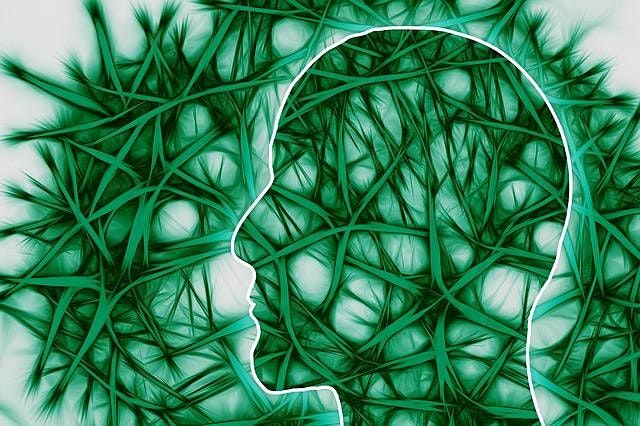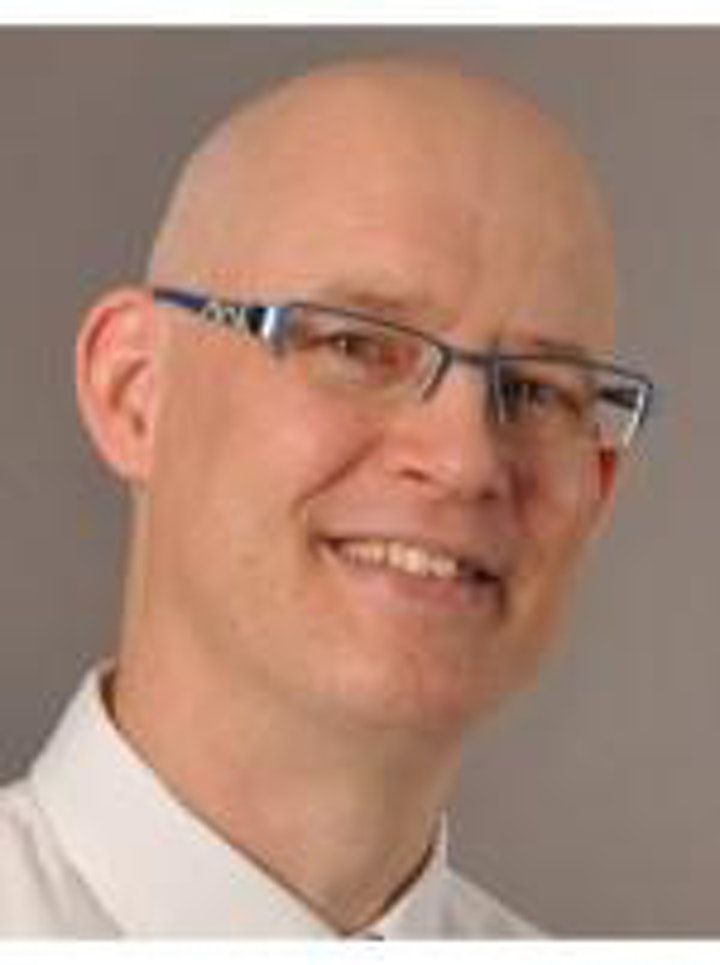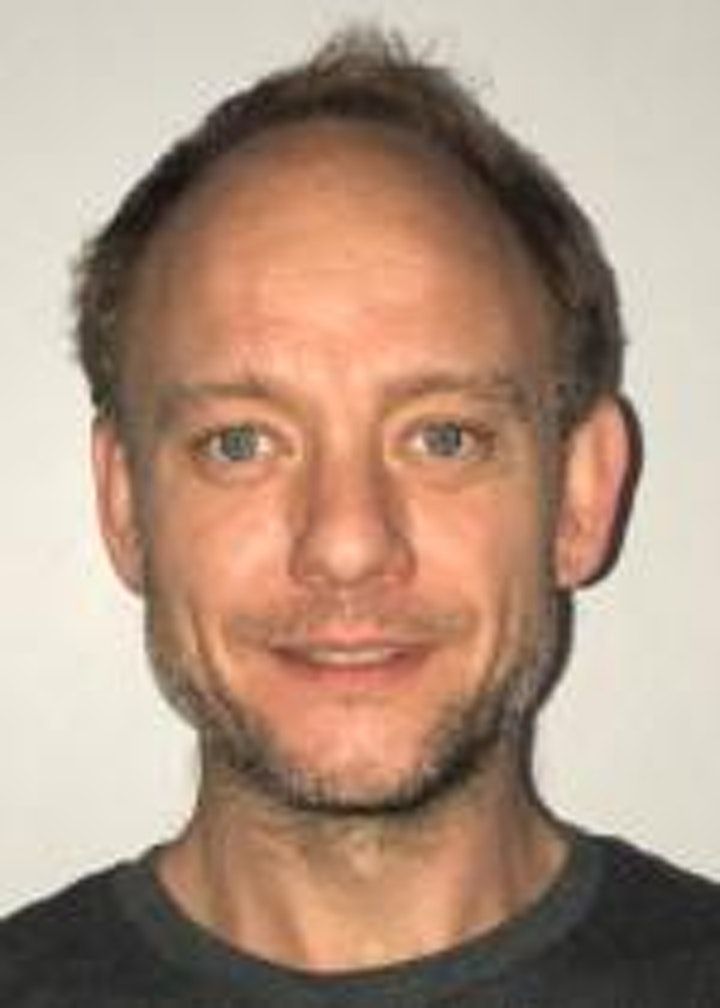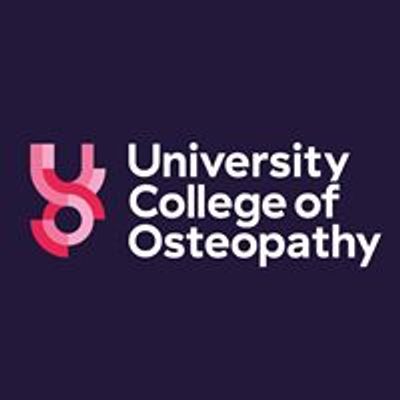
About this Event
Due to current difficult financial situation for most osteopaths, the UCO has decided to support you accessing CPD by offering payments in two 50% instalments (up to 6 weeks prior to the course-i.e 24 October 2020). The first payment is processed on Eventbrite when you book your place, and for the second payment, the UCO finance team will contact you a couple of weeks before the course.
About the course
Pain in Clinical Practice - a two-day course exploring the theory and application of managing persistent pain. Pain experts, Danny Orchard and Dr Hubert van Griensven have teamed up to teach you how to treat and manage pain from a mechanism-based perspective. They will review the neurophysiology of pain, including neuropathic pain and central sensitisation. The theory is linked with clinical practice by discussion of implications for history taking, clinical testing and the use of manual therapy as a way of influencing the physiology. You will be given the opportunity to learn by examining case studies and treatment approaches.
*Please note there will be a reading list which you will be required to complete prior to the course starting. This will ensure all delegates are on a similar level upon starting the course.
Osteopathic practice standards (updated) and other CPD elements covered
A) Communication and patient partnership - A1, A2, A3, A5
B) Knowledge, skills and performance - B1, B2, B3
C) Safety and quality in practice - C1, C4, C6
D) Professionalism - D10
Learning outcomes
- To understand the neurophysiology of pain, how it can change in persistent pain and how it may be influenced therapeutically
- To understand the physiology of neuropathic pain
- To gain experience of examining for possible neuropathy and functional changes in the sensory nervous system
- To understand the role of psychological and social factors in persistent pain, and how to influence them in practice
- To gain experience of recognising psychological and social issues using case studies
- To understand how osteopathic techniques may be used to influence the nervous system
- To gain practical experience of novel approaches to the management of persistent back pain, including mindfulness, pain neuroscience education, creating prediction errors and influencing associations
Timetable
Day 1
09:00 - 09:30 Registration
09:30 - 10:50 Theory of pain and basic science – models and basic science
10:50 - 11:10 Break
11:10 - 12:30 Neuroplasticity in the central nervous system – theory with application to a clinical case
12:30 - 13:30 Lunch
13:30 - 15:00 Neuropathic pain – theory and examination practice
15:00 - 15:20 Break
15:20 - 17:00 Psychological and social factors as potential barriers to recovery
17:00 - 17:30 Discussion and finish
Day 2
09:00 - 09:30 Registration
09:30 - 10:50 Neurophysiology of osteopathic treatments with application to case studies
10:50 - 11:10 Break
11:10 - 12:30 Pain assessment and application in clinical practice
12:30 - 13:30 Lunch
13:30 - 15:00 Advanced theory – Salience and pain, muscle memory and motor programmes, predictive and associative brain function (application in practice)
15:00 - 15:20 Break
15:20 - 17:00 Applying principles: pain neuroscience education and neuroplasticity approaches with application to cases
17:00 - 17:30 Discussion and finish
Pre-course reading
Steeds 2016. The anatomy and physiology of pain. Surgery Volume 34, Issue 2, Pages 55–59. https://www.surgeryjournal.co.uk/article/S0263-9319(15)00236-7/abstract
Jensen & Turk 2014. Contributions of Psychology to the Understanding and Treatment of People With Chronic Pain. American Psychologist 69 no 2 105-118. DOI: 10.1037/a0035641
Bialosky et al, 2009. The Mechanisms of Manual Therapy in the Treatment of Musculoskeletal Pain: A Comprehensive Model. Man Ther; 14(5): pp531–538
Campbell & Edwards, 2009. Mind–body interactions in pain: the neurophysiology of anxious and catastrophic pain-related thoughts. Transl Res; 153(3): pp97–101.
Hodges & Tucker, 2011. Moving differently in pain: A new theory to explain the adaptation to pain. Pain; 152: S90–S98
Course suitability
The course is suitable for all manual therapists with an interest in the management of pain.
About the course leaders
Hubert van Griensven is a physiotherapist who completed a three-year course in Chinese acupuncture in 1996. He gained an MSc in Pain at King's College London in 2003, while he wrote a textbook about the application of pain physiology in manual therapy practice. He gained his PhD from the University of Brighton in 2013, having investigated persistent post-surgical pain. In the same year he published his second textbook on pain, with contributions from experts around the world.
Hubert is Senior Lecturer at the University of Hertfordshire, where he leads MSc modules on persistent pain, pain psychology and research methods. He also practices musculoskeletal physiotherapy, pain management, and Chinese and western medical acupuncture. He lives in London and relaxes by working with soundscapes, practicing Chinese exercise, and going to exhibitions, concerts and films.
Recent publications
- van Griensven H “Principles of pain rehabilitation”. In: Carayanopoulos A (editor) 2017 “Comprehensive pain management in the rehabilitation patient”. Springer.
- van Griensven H “Understanding and managing persistent pain”. In: Petty & Barnard (editors) 2017 Principles of musculoskeletal treatment and management 3rd ed. Elsevier
- van Griensven H & Ryder D “Subjective examination”. In: Petty & Ryder (editors) 2017 “Musculoskeletal examination and assessment”, 5th ed. Elsevier.
- van Griensven H 2015 “Patients' experiences of living with persistent back pain” International Journal of Osteopathic Medicine 19:44-9.
- van Griensven H, Strong J, Unruh A (editors) 2014 “Pain. A textbook for health professionals”, 2nd ed. Churchill Livingstone.
Daniel Orchard is a qualified osteopath and lecturer at the UCO and developed the new Pain Science curriculum launched in 2017. Daniel previously studied Human Biology at Leeds University and also holds an MSC in Pain from King’s College London and presented his dissertation on the Lived Experience of Headaches at the Paris OSEAN conference in 2012.
Daniel is a founding member of Osteopaths for the Prevention of Headaches & Migraine (OPHM), the Founder and Director of Core Clapton (a research and mentoring clinic in East London) and is a board member for the Institute of Osteopathy (iO). Daniel regularly undertakes peer review on the subject of pain while lecturing internationally to healthcare practitioners.
Cancellation policy
The UCO regrets that no refunds can be made for cancelled places unless a substitute participant can be found. The UCO cannot guarantee that any course will run. In the event of your course being cancelled, all paid fees and deposits will be refunded in full.


Event Venue & Nearby Stays
The University College of Osteopathy, 275 Borough High Street, London, United Kingdom
GBP 109.00 to GBP 270.00
